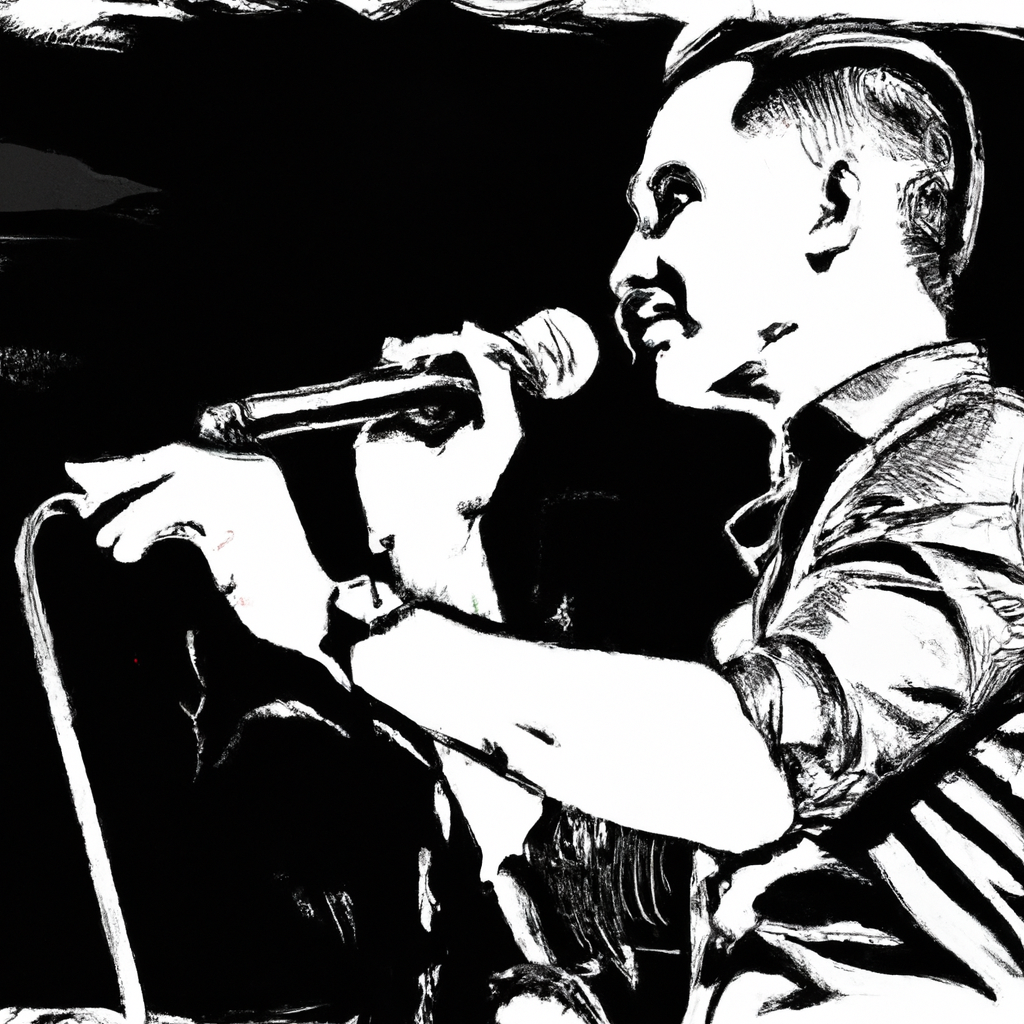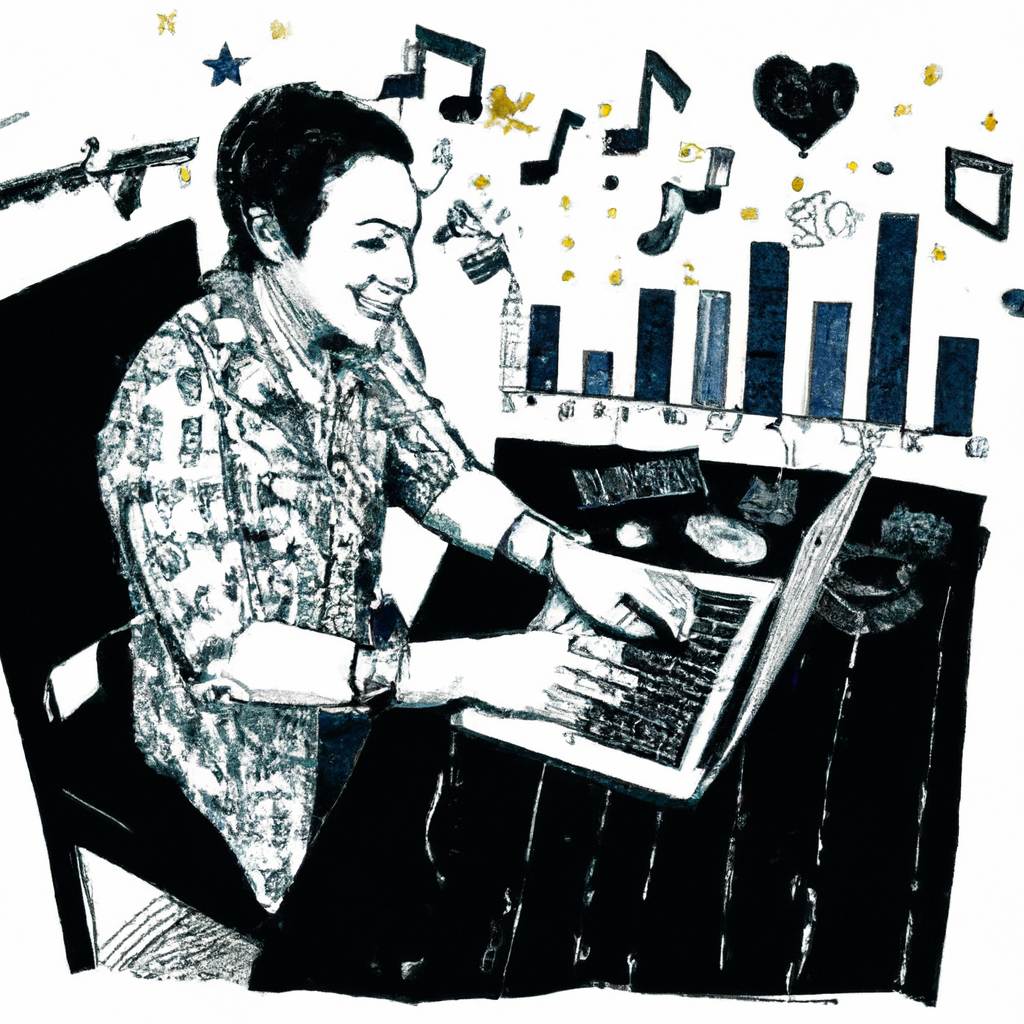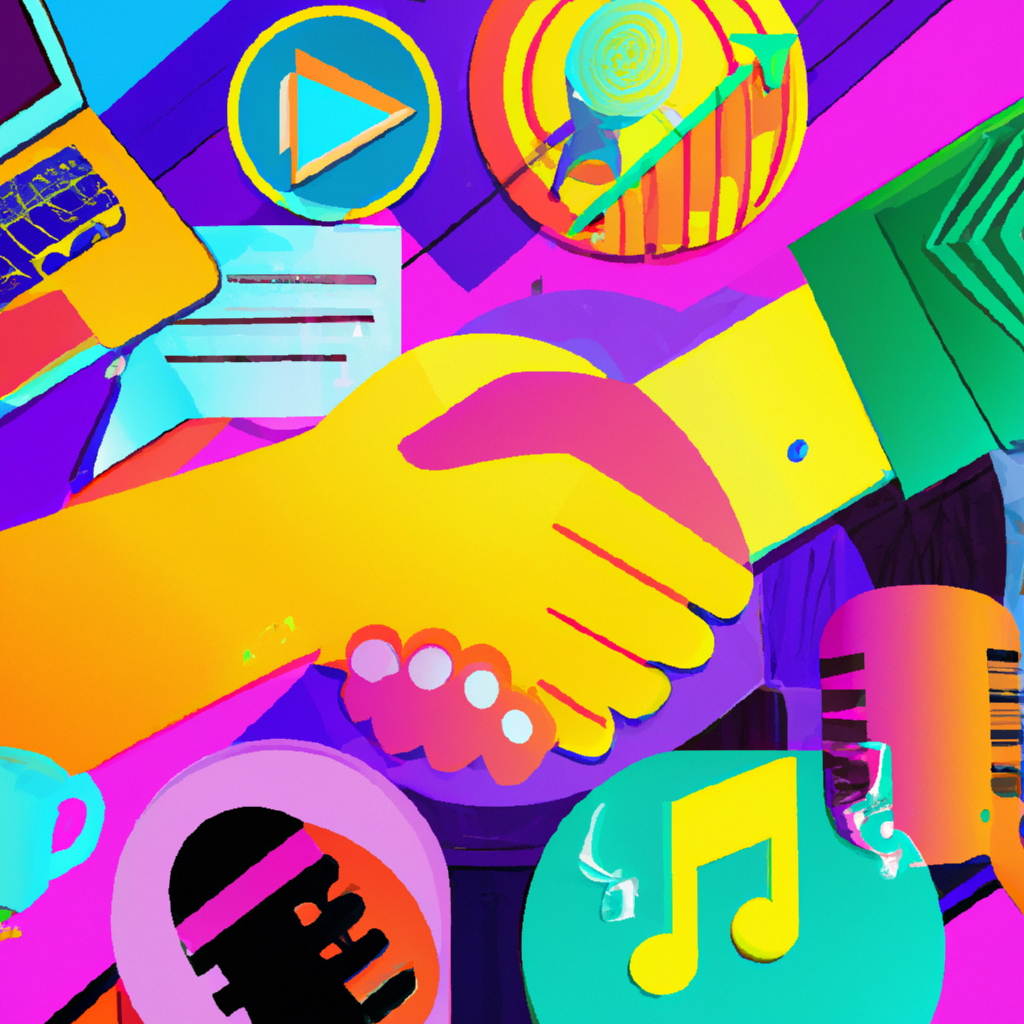Dear Readers,
AI plays a crucial role in our blog, helping us manage our time more effectively to keep the content flowing. While AI assists with content creation, which may lead to occasional spelling or grammar errors, our primary goal remains clear: to deliver meaningful insights to you. For important matters, please consult a specialist.
Thank you for your understanding and support.
Best regards,
Education.com.cy
Summary
In the ever-evolving landscape of the music industry, aspiring musicians must equip themselves with a comprehensive set of tools to navigate their careers successfully. This article delves into the essential tools that can help musicians thrive, from honing their craft to leveraging technology and building a robust network. By understanding and utilizing these tools, musicians can enhance their creative output, reach wider audiences, and sustain long-term success.
- Mastering Your Craft: Continuous practice, quality education, and seeking feedback are crucial for skill development.
- Leveraging Technology: Digital Audio Workstations (DAWs), music distribution platforms, and social media are essential for creating, distributing, and promoting music.
- Building a Strong Network: Networking with industry professionals, joining music organizations, and collaborating with others can open doors to new opportunities.
- Marketing and Promotion: Developing a unique brand, utilizing press and media, and engaging with fans are key to gaining visibility.
- Financial Management: Budgeting, seeking funding opportunities, and understanding royalties and licensing are vital for financial stability.
- Mental and Physical Well-being: Practicing self-care and balancing work and life are essential for long-term success.
Introduction
Success in the music industry is a multifaceted concept that encompasses passion, stress management, and financial independence. For aspiring musicians, understanding and leveraging these elements can pave the way for a fulfilling and sustainable career. This article delves into the essential tools that can help musicians navigate the complexities of the industry, achieve their goals, and find joy in their craft.
Passion for the Profession: Passion fuels creativity, perseverance, and resilience. Musicians should explore various genres, experiment with different instruments, and seek out opportunities for collaboration to keep their passion alive.
Stress Management: The music industry is high-pressure, and effective stress management is crucial. Techniques such as mindfulness meditation, physical exercise, and building a support network can enhance resilience.
Financial Independence: Financial security allows musicians to pursue their artistic vision. Diversifying income streams, budgeting, and seeking financial advice are essential for achieving financial independence.
Leveraging Technology: Digital tools like DAWs, social media, and online learning platforms are pivotal for creativity, productivity, and reach.
Networking and Collaboration: Building a strong network through industry events, workshops, and collaborations can lead to innovative projects and career growth.
Continuous Learning and Adaptation: Staying adaptable and open to learning is crucial for long-term success. Musicians should invest in education and embrace change to stay competitive.
Main Sections
Developing Effective Communication Skills
Effective communication is a cornerstone of a successful music career. Whether you are interacting with fans, collaborating with other musicians, or negotiating with industry professionals, the ability to convey your thoughts and ideas clearly and persuasively is essential.
Understanding Your Audience: Tailor your communication approach to different groups such as fans, industry professionals, and fellow musicians.
Verbal Communication: Improve clarity, confidence, and active listening skills for interviews, networking events, and public speaking engagements.
Non-Verbal Communication: Enhance body language, facial expressions, and eye contact to convey your message effectively.
Written Communication: Use proper grammar, engaging storytelling, and brevity in emails, social media posts, and press releases.
Digital Communication: Utilize social media, maintain a professional website, and send regular email newsletters to connect with your audience.
Conflict Resolution: Develop skills to navigate disagreements and maintain positive relationships.
Continuous Improvement: Seek feedback, practice regularly, and take courses to hone your communication skills.

Building a Strong Personal Brand
In today’s digital age, building a strong personal brand is essential for musicians who want to stand out in a crowded industry. A personal brand is more than just a logo or a catchy tagline; it is the unique combination of skills, experiences, and personality that you present to the world.
Defining Your Unique Value Proposition: Identify your strengths, understand your audience, and articulate your mission and vision.
Crafting a Consistent Visual Identity: Design a professional logo, choose a color scheme, select consistent typography, and create a style guide.
Leveraging Social Media Effectively: Choose the right platforms, create engaging content, engage with your audience, and collaborate with influencers.
Building an Online Presence: Create a professional website, start an email newsletter, and optimize your music streaming profiles.

Find out how the strategies discussed in the article
"How Teaching a Song Can Improve Your Child’s Learning and Well-Being"can help address internet addiction in children and teens.
Utilizing Digital Marketing
Digital marketing has become an essential tool for a successful music career, enabling artists to promote their work, engage with fans, and build a strong personal brand.
Understanding Digital Marketing for Musicians: Leverage social media marketing, email marketing, content marketing, and search engine optimization (SEO).
Building a Strong Online Presence: Create and maintain profiles on major social media platforms like Facebook, Instagram, Twitter, and TikTok.
Content Creation and Strategy: Focus on music videos, live streams, behind-the-scenes content, and user-generated content.
Email Marketing: Build an email list, send regular newsletters, offer exclusive content, and personalize communications.
Search Engine Optimization (SEO): Optimize your website and content with relevant keywords, meta descriptions, and high-quality images.
Paid Advertising: Utilize Facebook Ads, Instagram Ads, and Google Ads to reach a broader audience.
Analytics and Performance Tracking: Monitor engagement rates, website traffic, and conversion rates to improve your digital marketing efforts.
Collaborations and Influencer Marketing: Work with other artists and influencers to expand your reach and introduce your music to new audiences.

Understanding Psychometric Marketing
Psychometric marketing leverages psychological profiling to tailor marketing strategies to individual preferences and behaviors. Understanding psychometric marketing can significantly enhance a musician’s ability to connect with their audience on a deeper level.
The Principles of Psychometric Marketing: Collect data on personality traits, values, attitudes, interests, and lifestyles to create detailed consumer profiles.
Relevance to the Music Industry: Differentiate yourself by creating a strong emotional connection with your audience.
Collecting Psychometric Data: Use surveys, social media analytics, and behavioral data to gather relevant information about your audience.
Creating Psychometric Profiles: Categorize fans based on their psychological traits and behaviors to tailor your marketing efforts.
Tailoring Marketing Strategies: Craft content, personalize communication, and plan events that cater to different psychometric profiles.
Case Studies and Examples: Present examples of successful musicians who have leveraged psychometric marketing strategies.
Challenges and Ethical Considerations: Address privacy concerns and ensure data is collected and used responsibly.

Conclusion
In the ever-evolving landscape of the music industry, the tools and strategies that musicians employ can significantly impact their success. This conclusion synthesizes the key elements discussed throughout the article, emphasizing the importance of communication skills, personal branding, digital marketing, and understanding psychometric marketing.
Effective Communication Skills: Develop public speaking, networking, and written communication skills to convey your artistic vision and engage with your audience.
Building a Strong Personal Brand: Identify your unique selling points, maintain consistency, and engage with fans to create a memorable brand.
Leveraging Digital Marketing: Utilize social media, email marketing, SEO, and paid advertising to reach a global audience and promote your work.
Understanding Psychometric Marketing: Use data and psychological insights to tailor marketing efforts and create an emotional connection with your audience.
Practical Application and Continuous Learning: Invest in workshops, seek mentorship, and experiment with new tools and strategies to stay competitive.
By mastering these areas and committing to continuous learning, musicians can navigate the complexities of the industry and achieve lasting success.

Thank you for reading our article on Essential Tools for a Successful Music Career. We highly value your feedback and invite you to take a brief survey to share your thoughts and experiences. Your responses will be kept confidential.
- Website updates
Dear Readers,
Welcome to my blog, where technology, music, and visual arts come together to spark creativity and growth. By subscribing, you’ll become part of a vibrant community committed to exploring and learning in these areas.
Select the type of engagement that suits you best:
Join us and enjoy tailored content and direct support suited to your interests.
Confidentiality Statement: Your responses will be kept confidential and used solely for the purpose of improving our content and resources. We will not share your personal information with any third parties.
